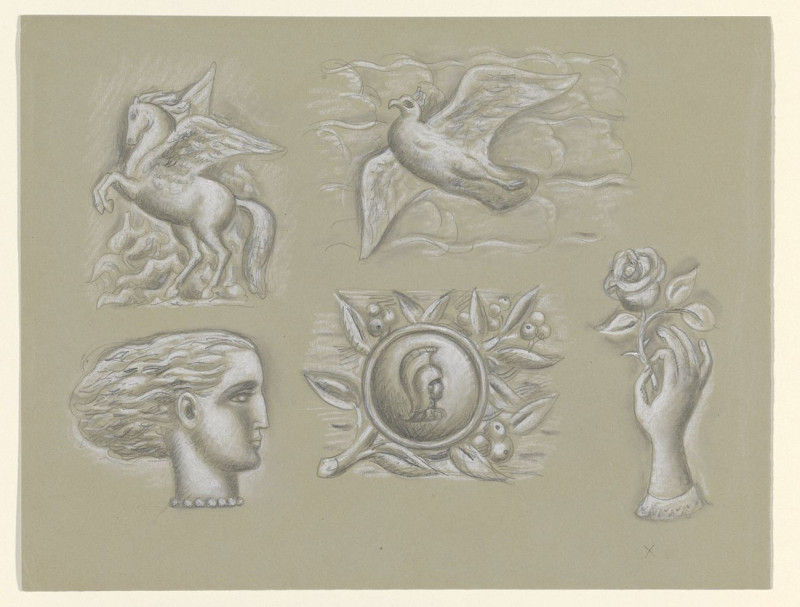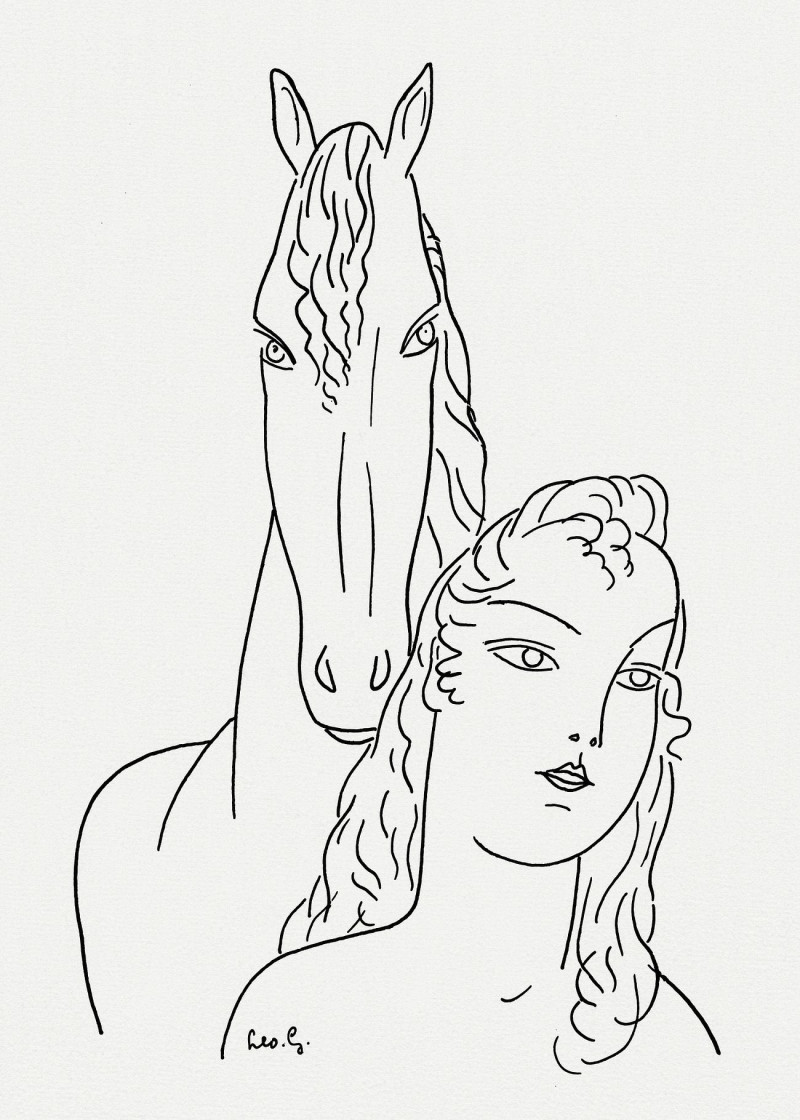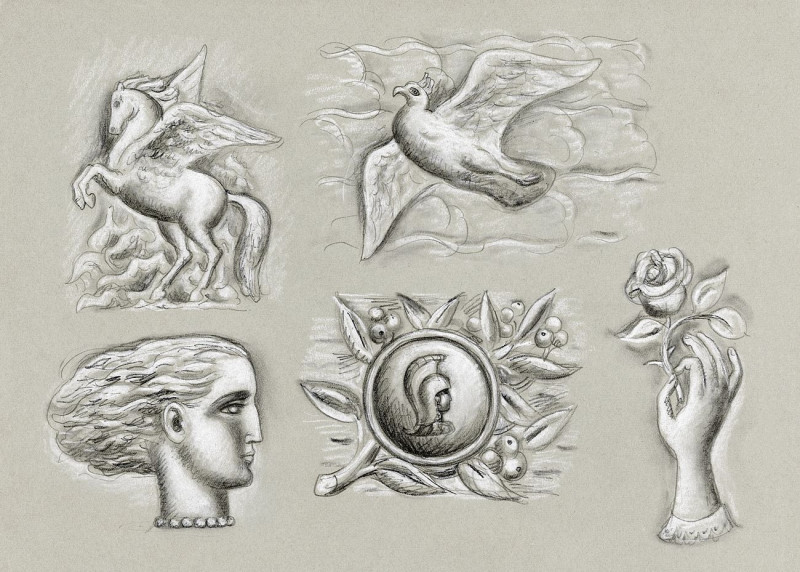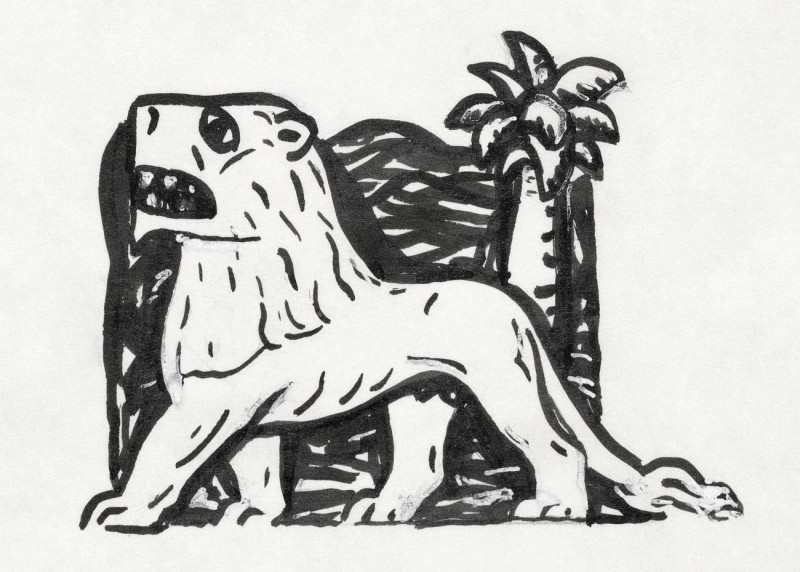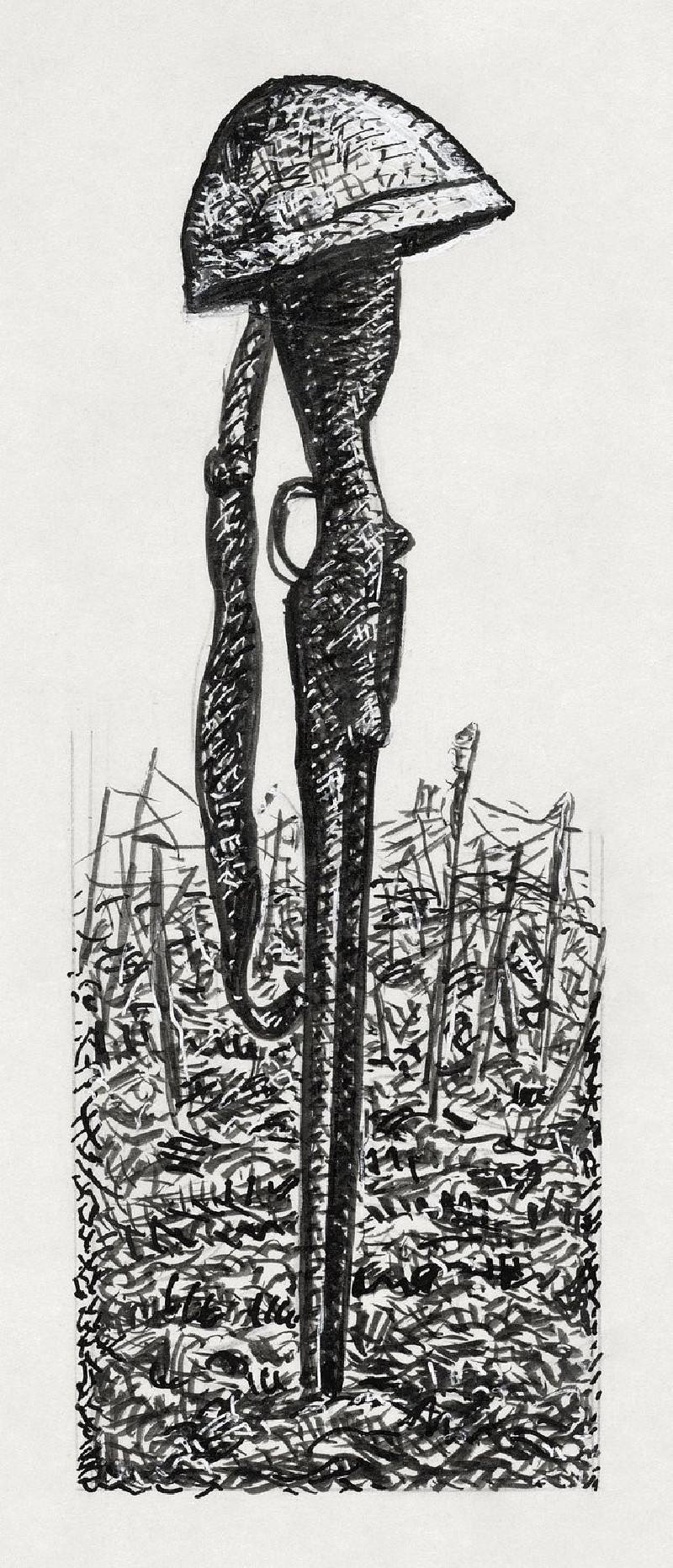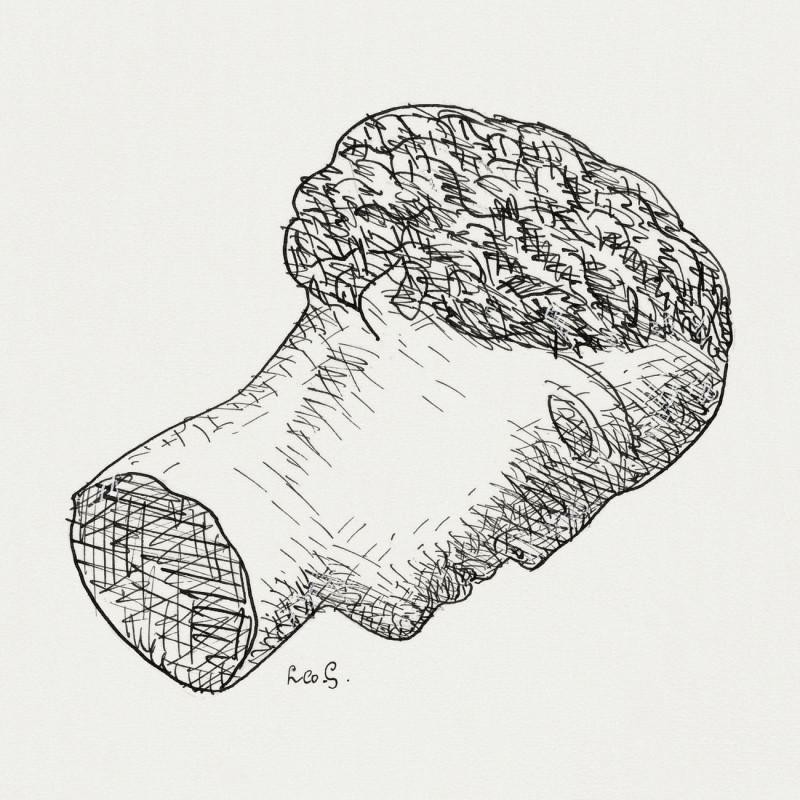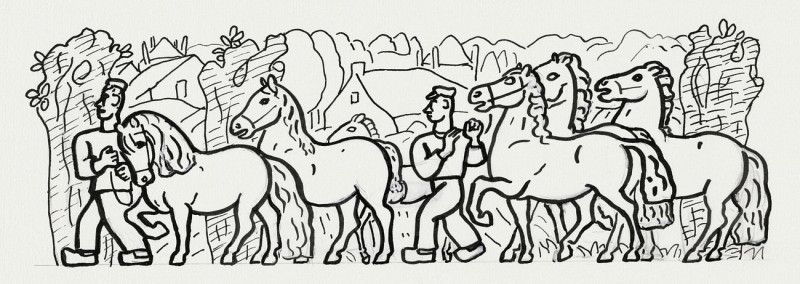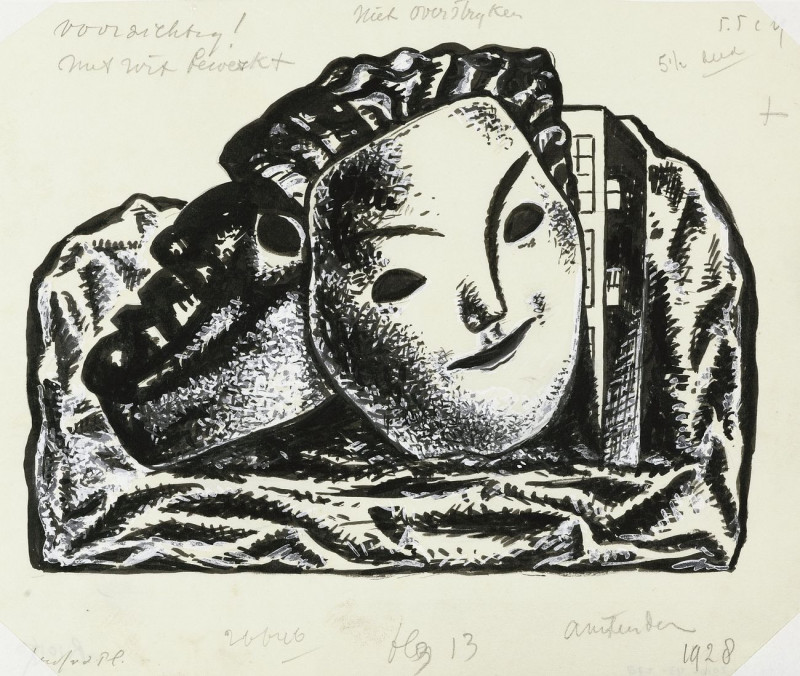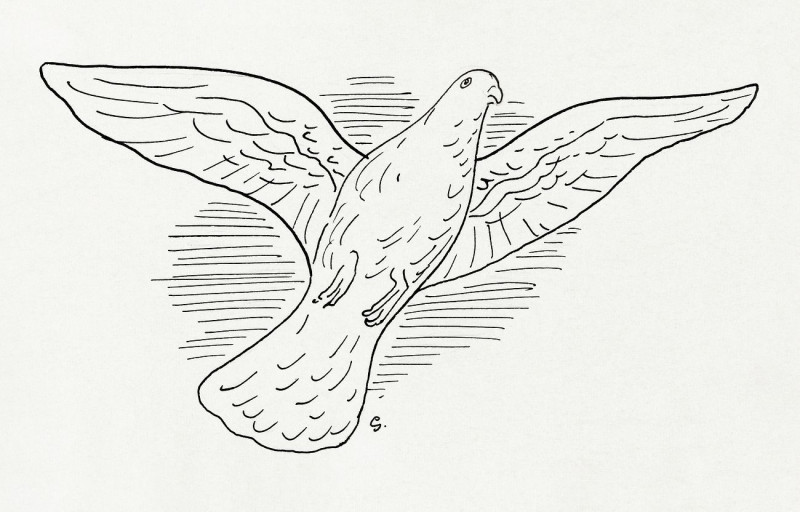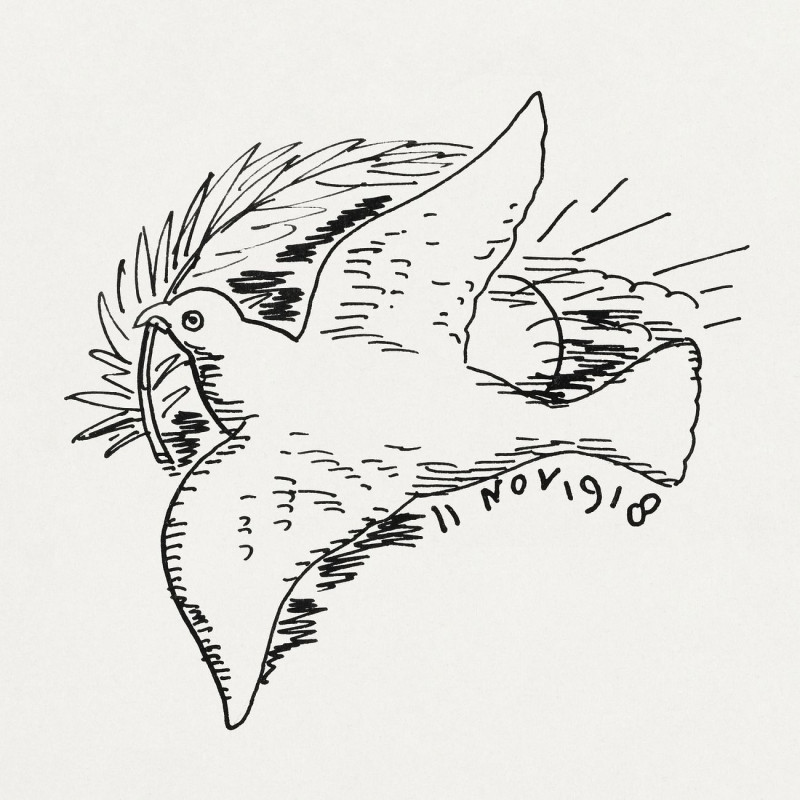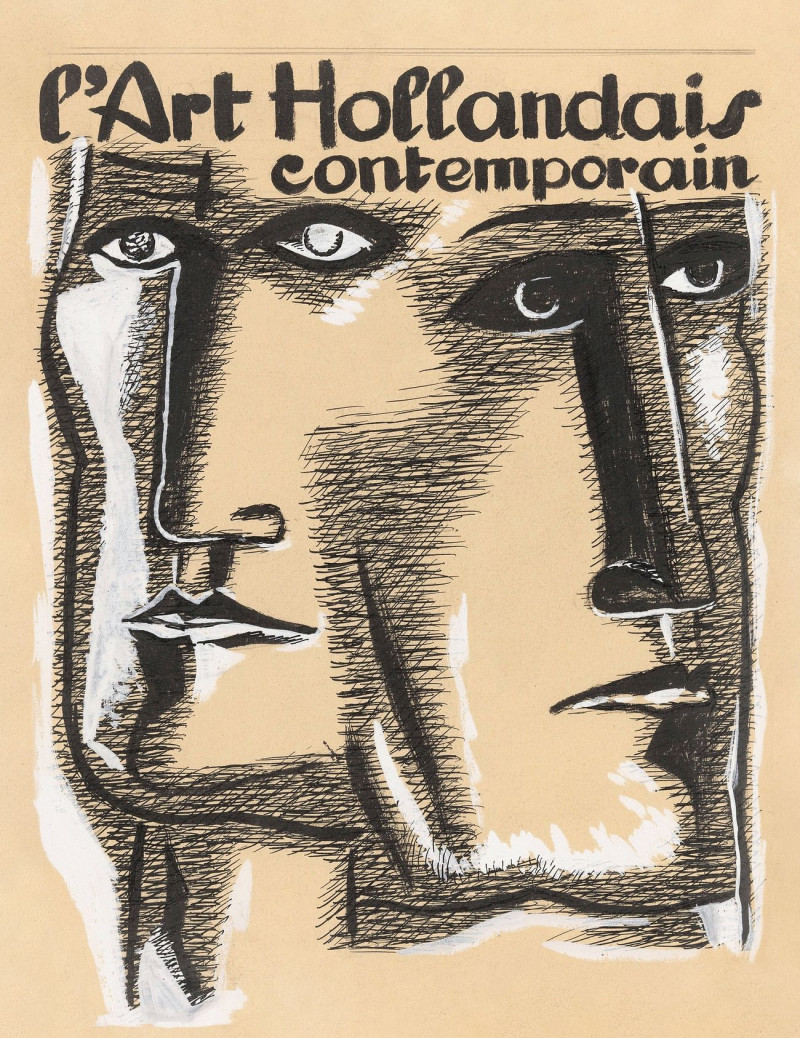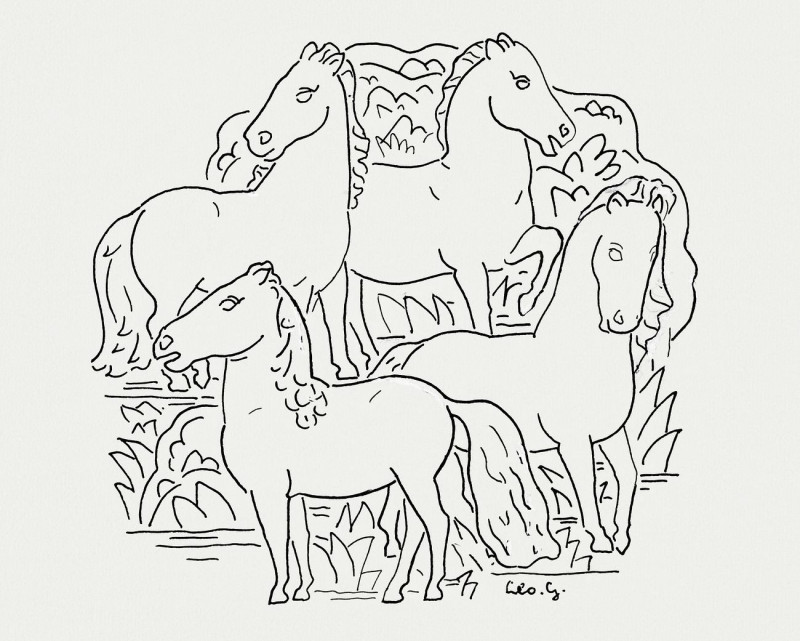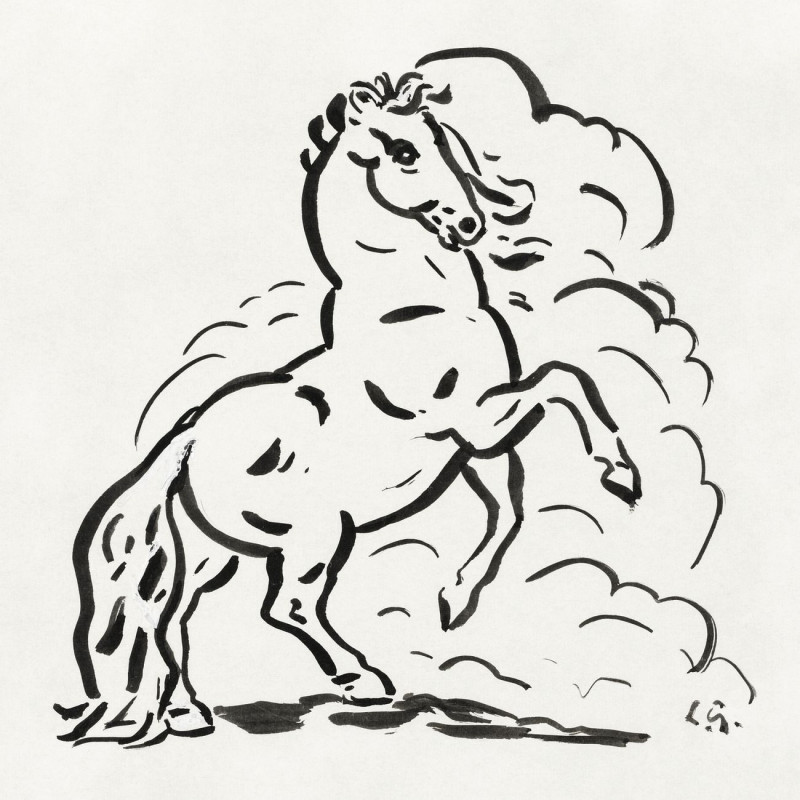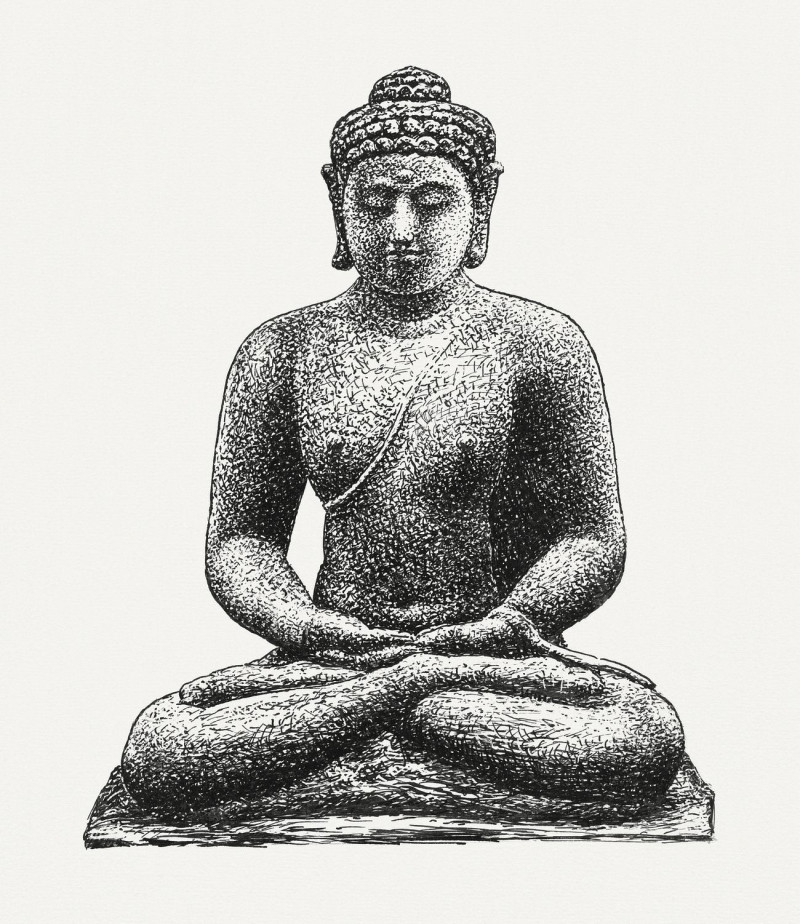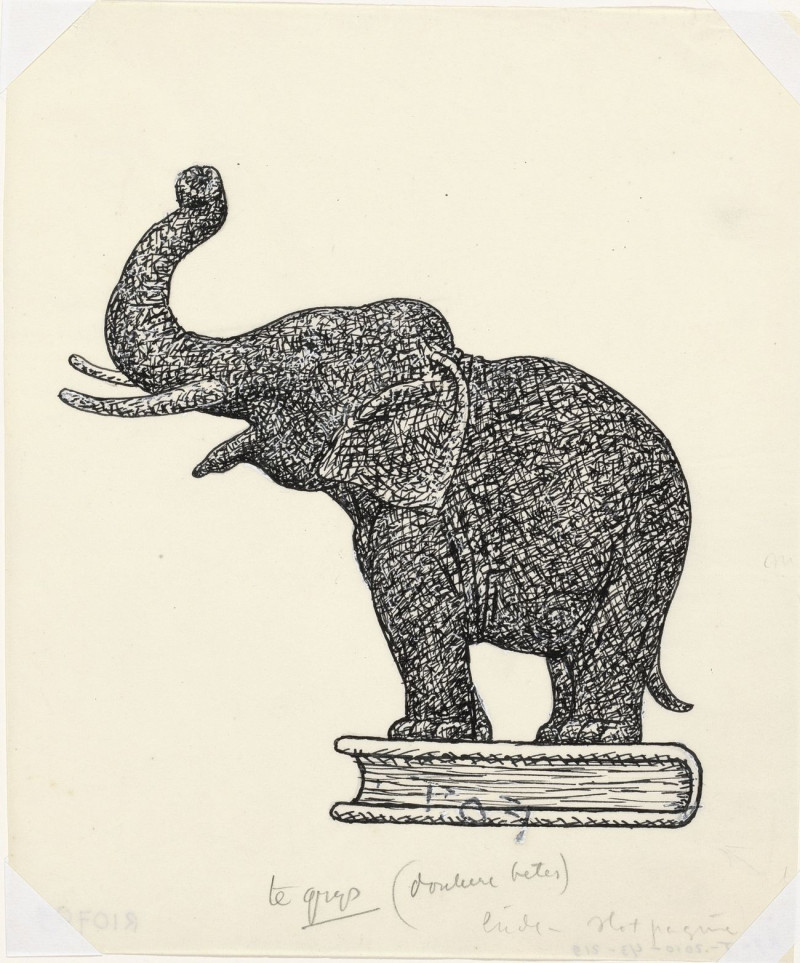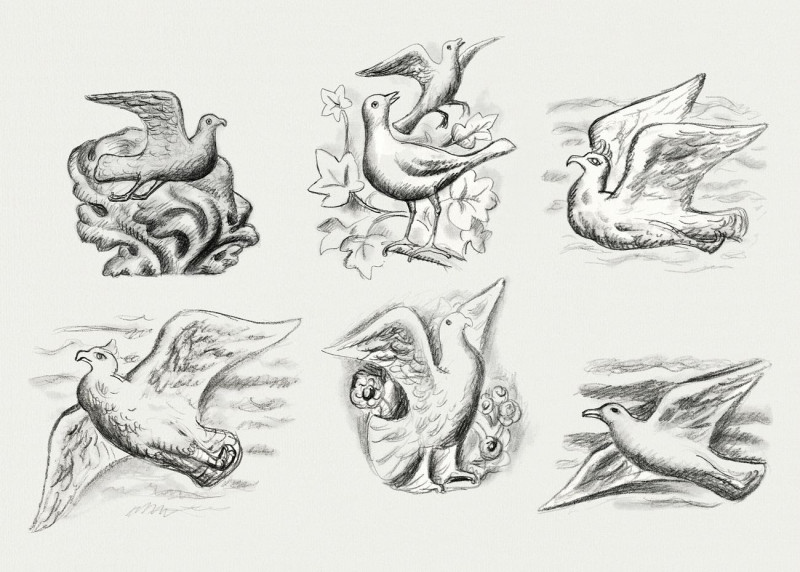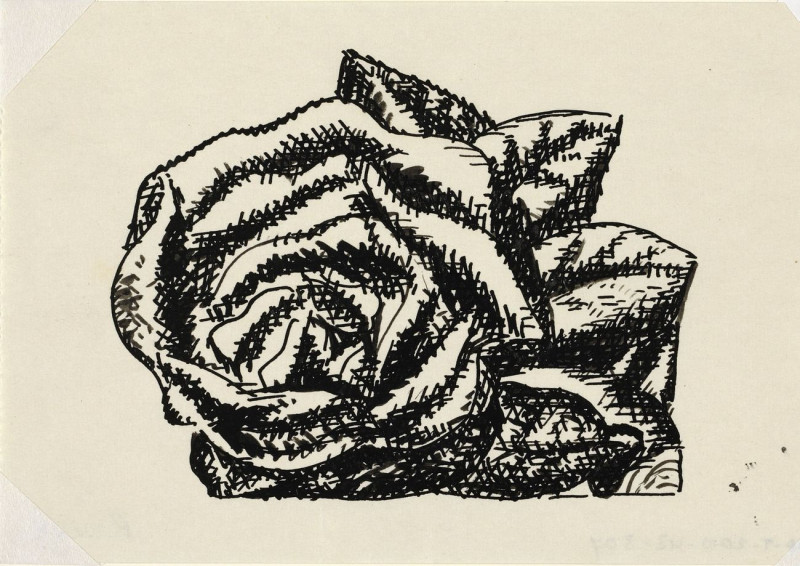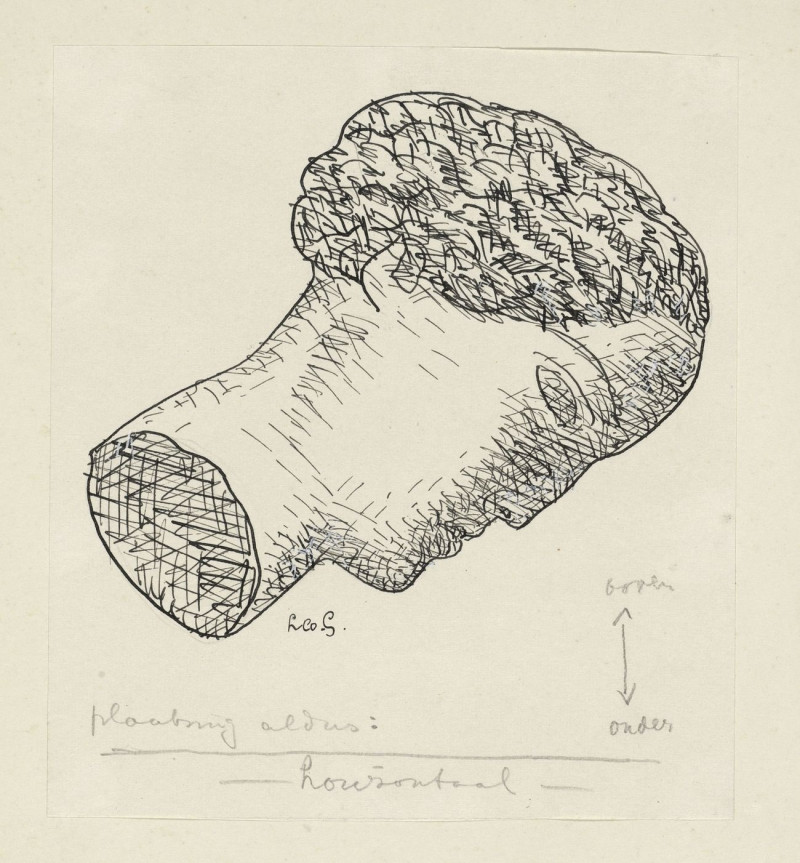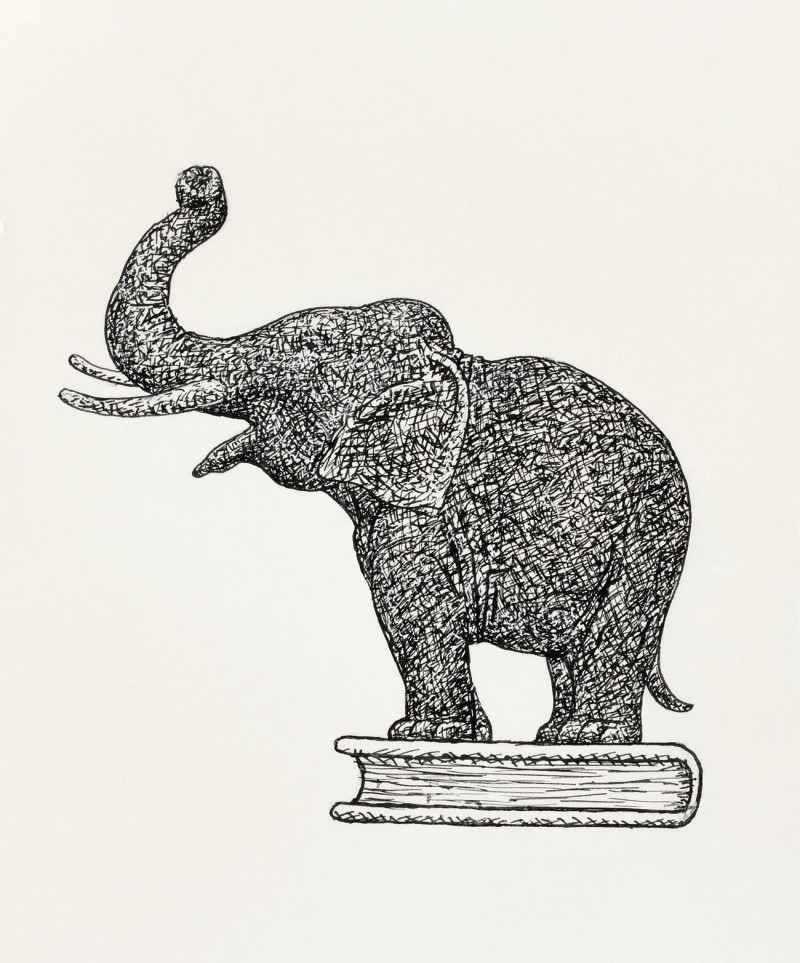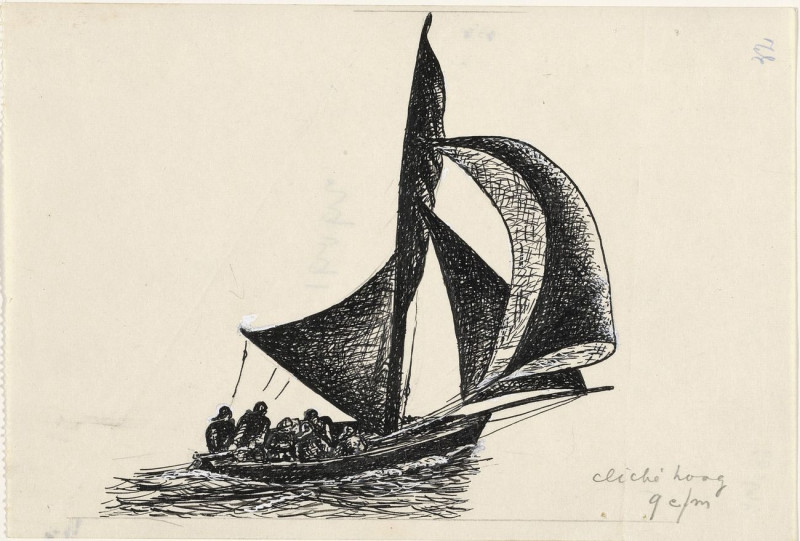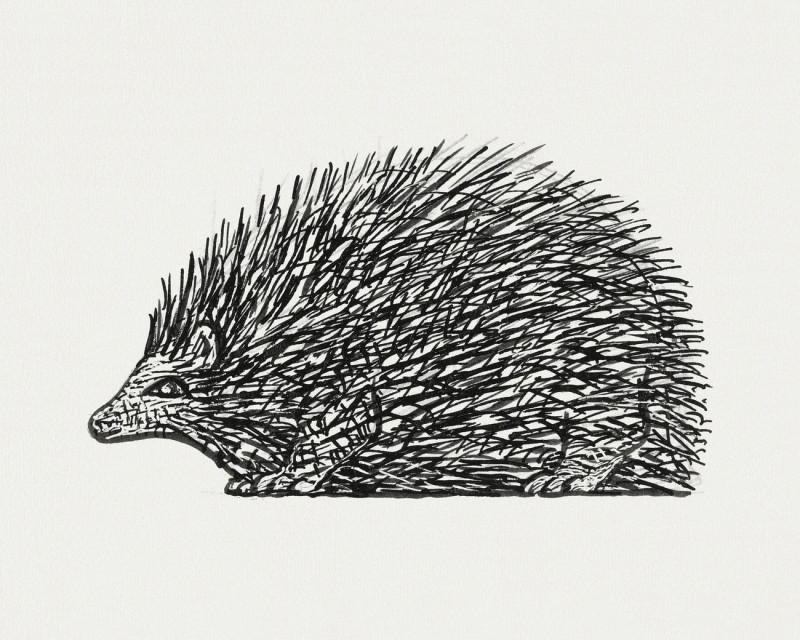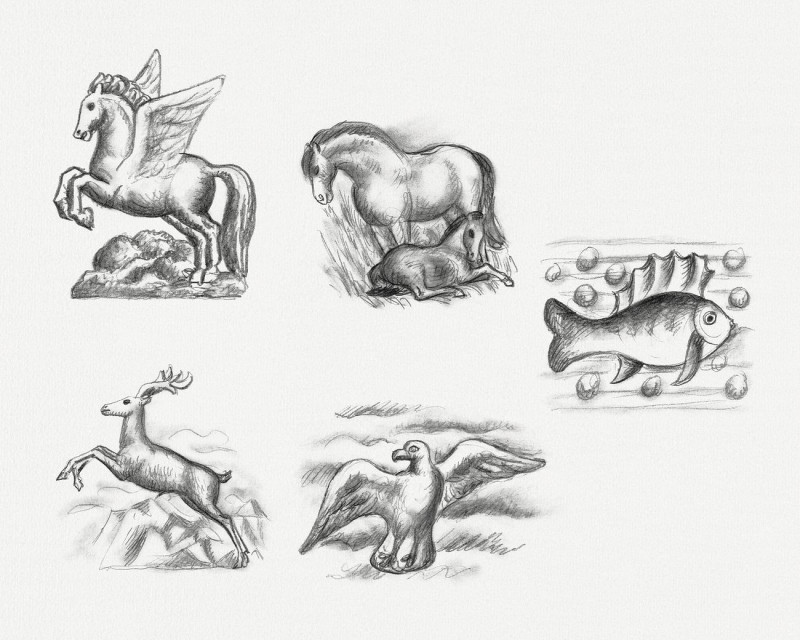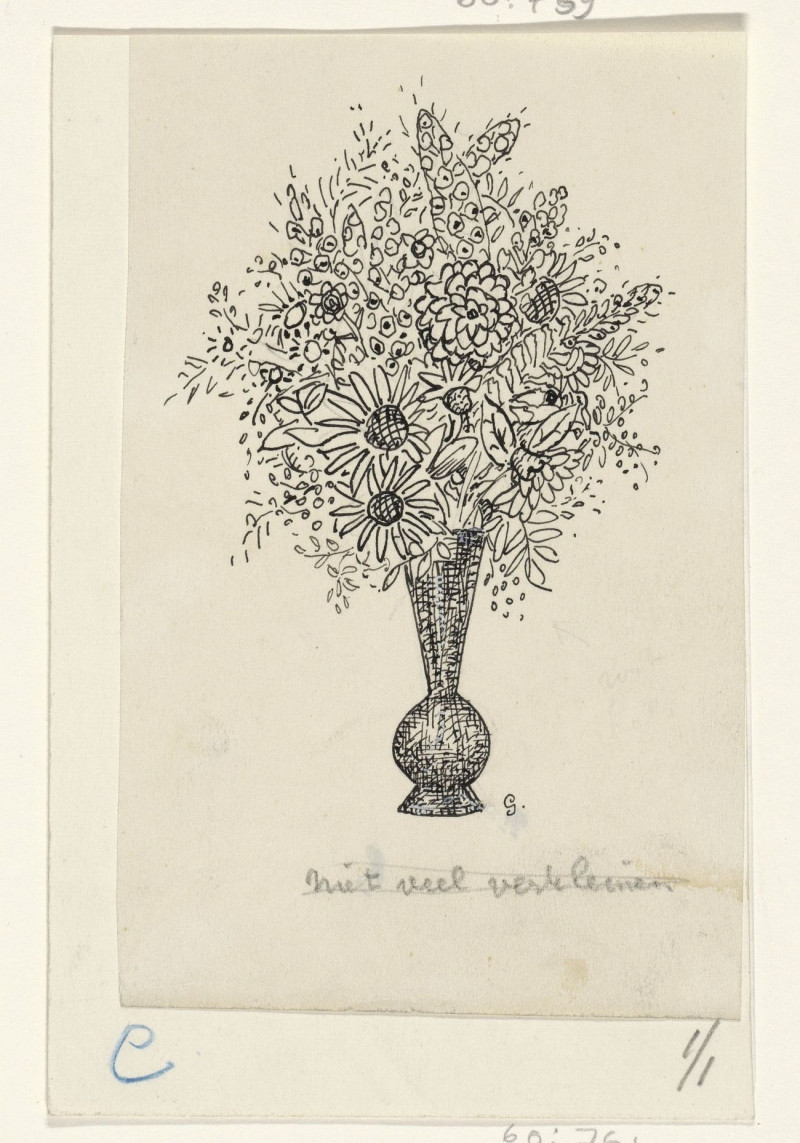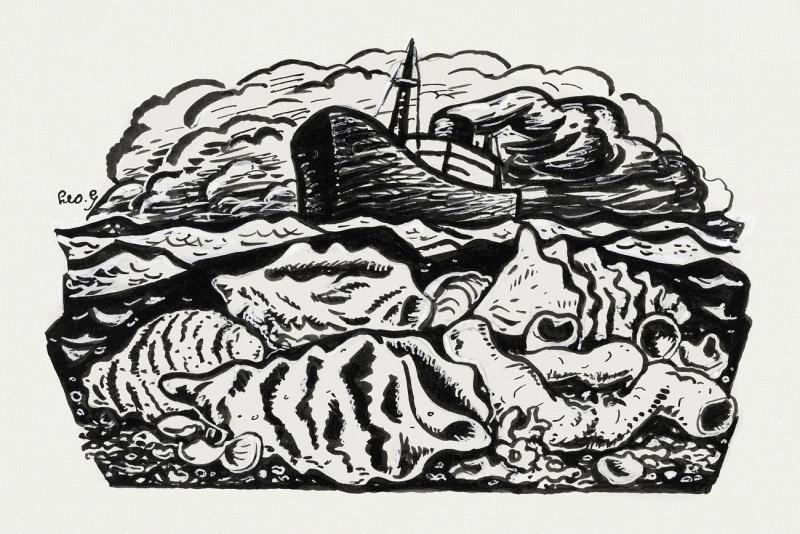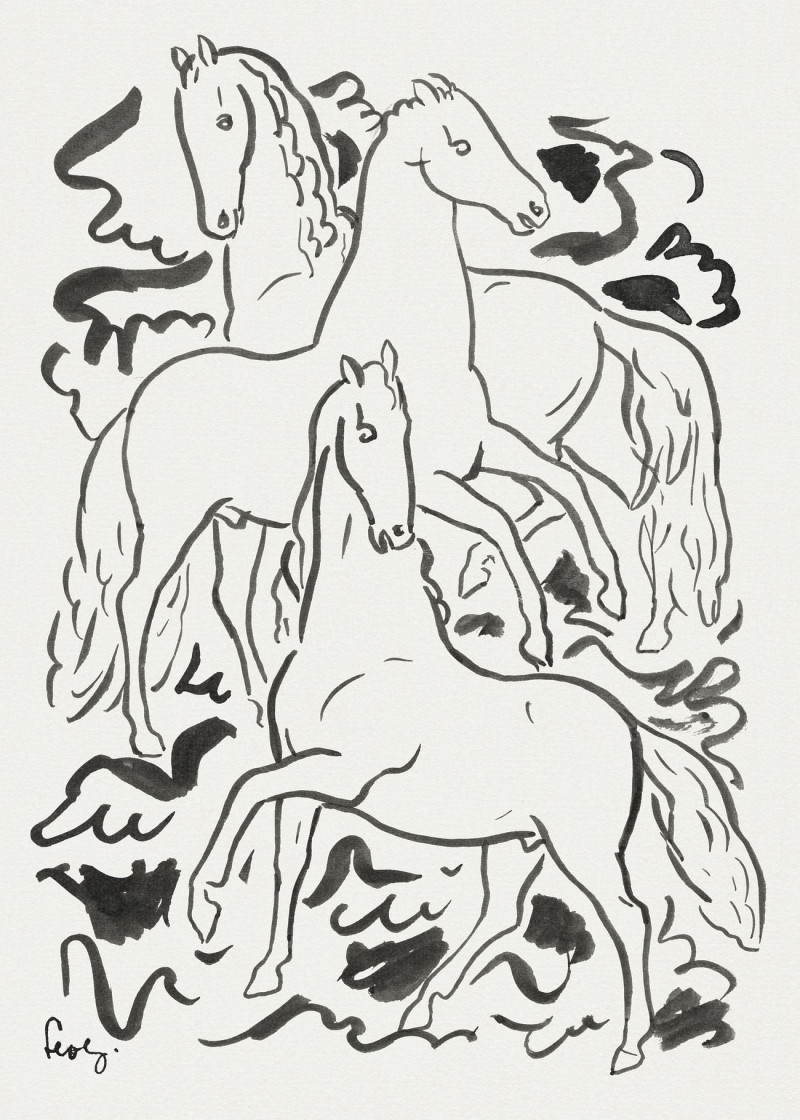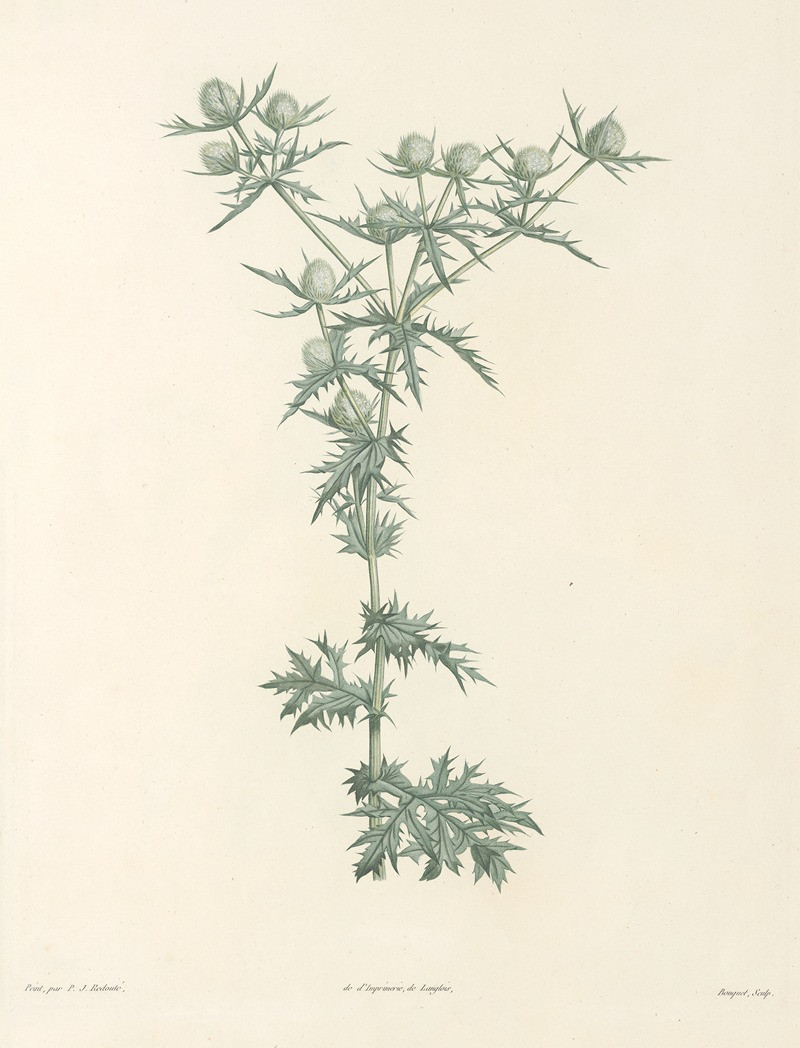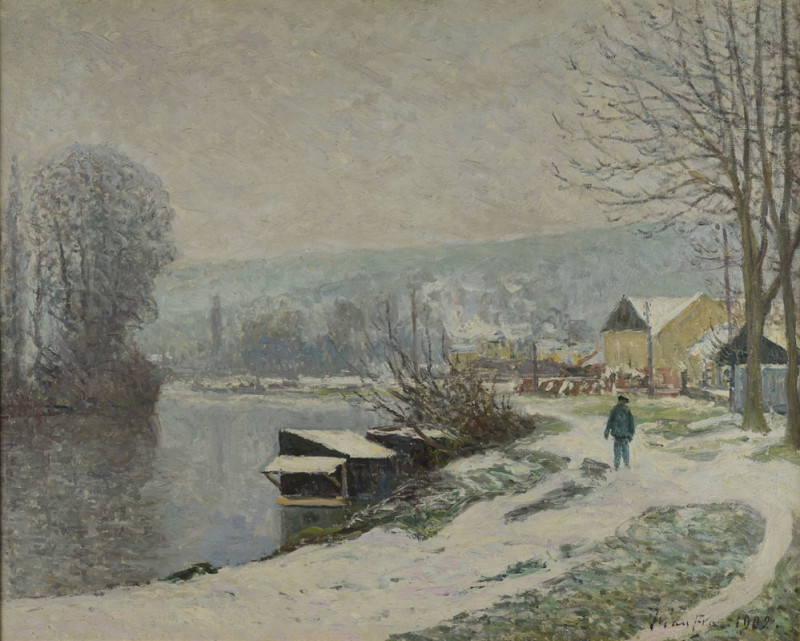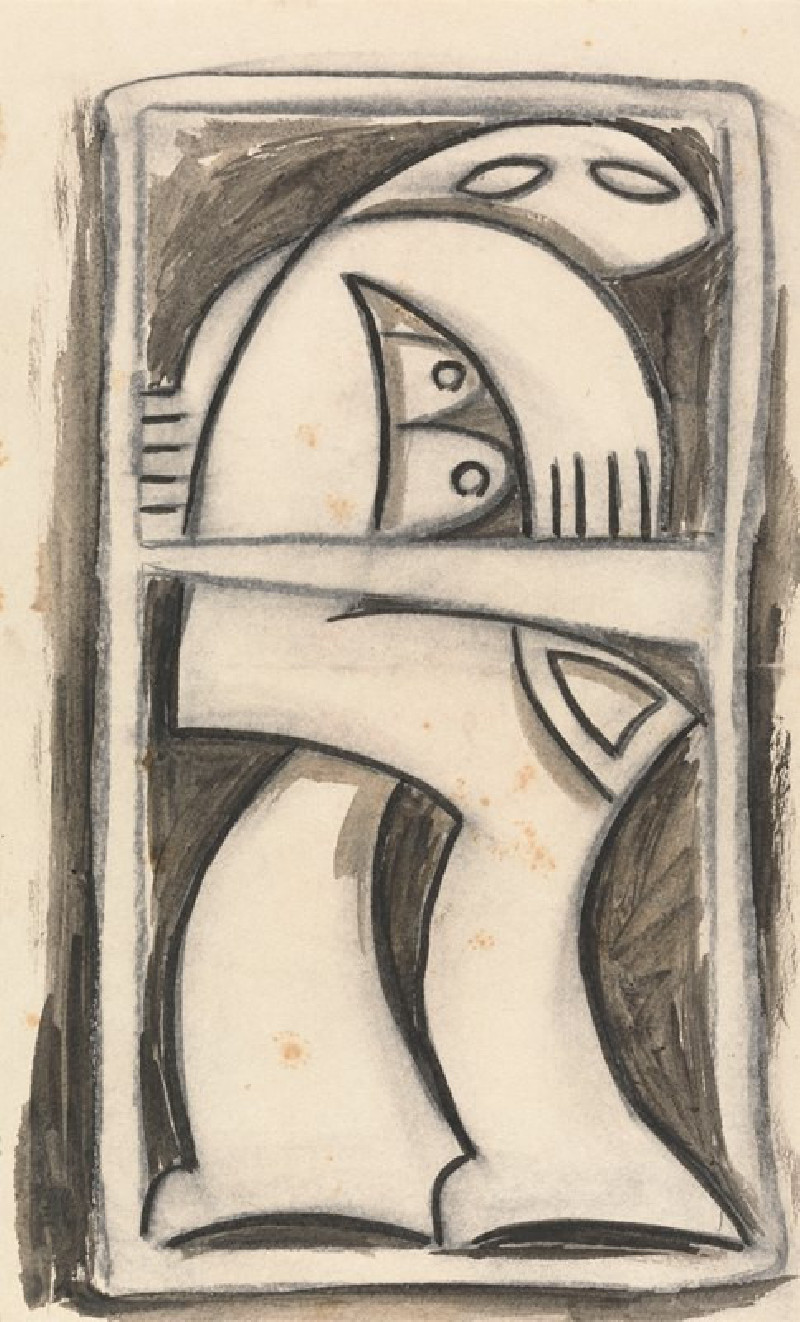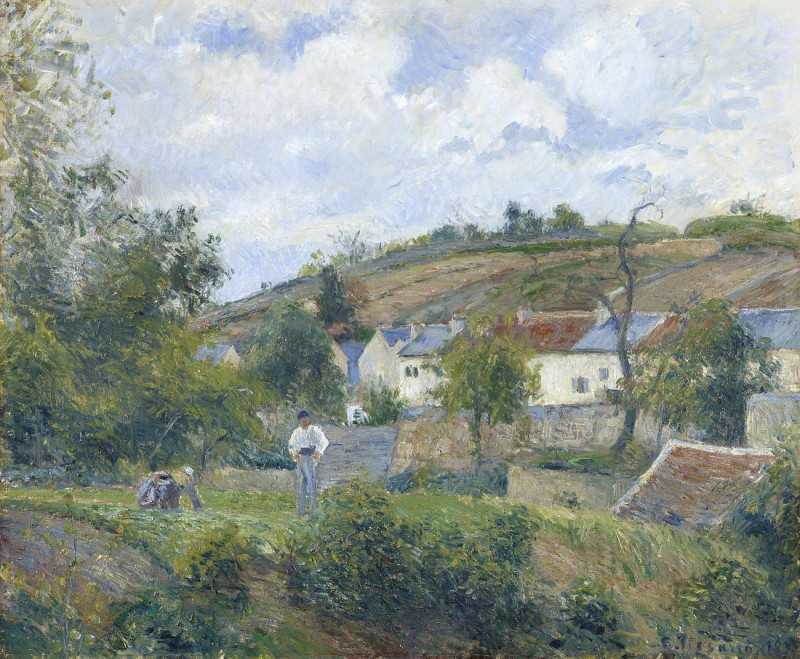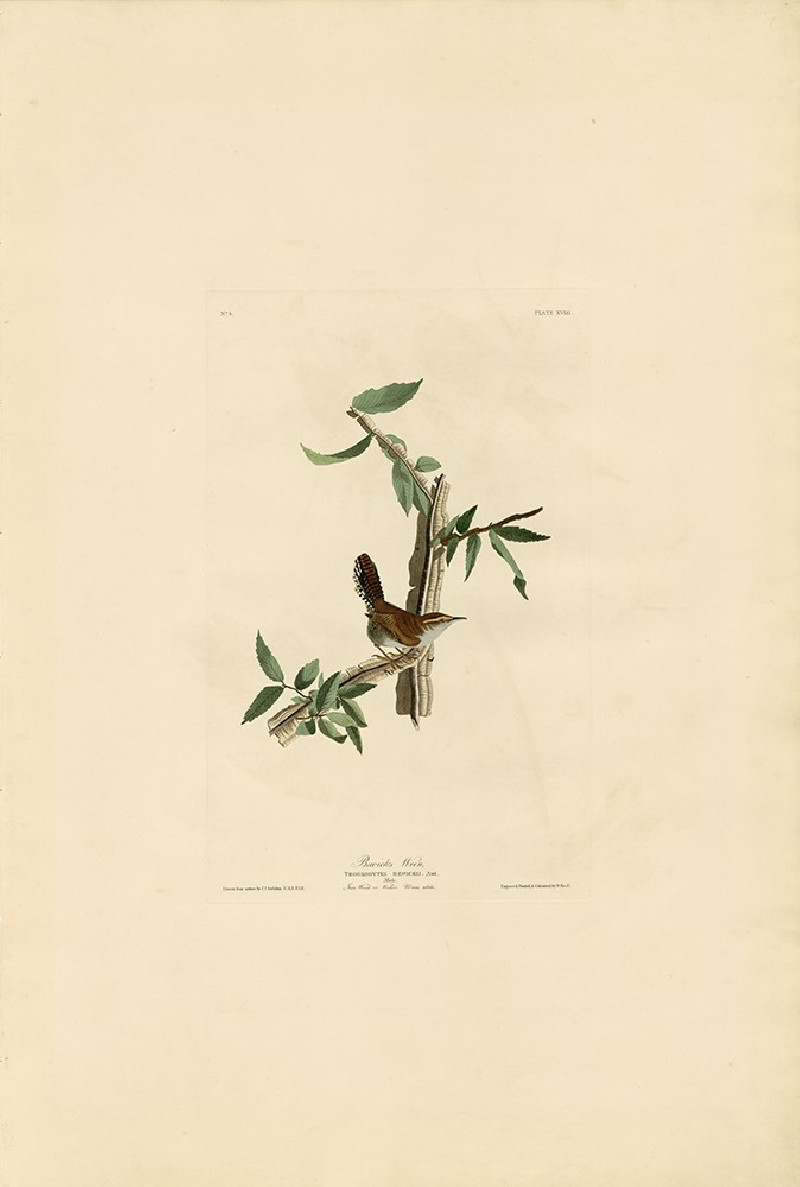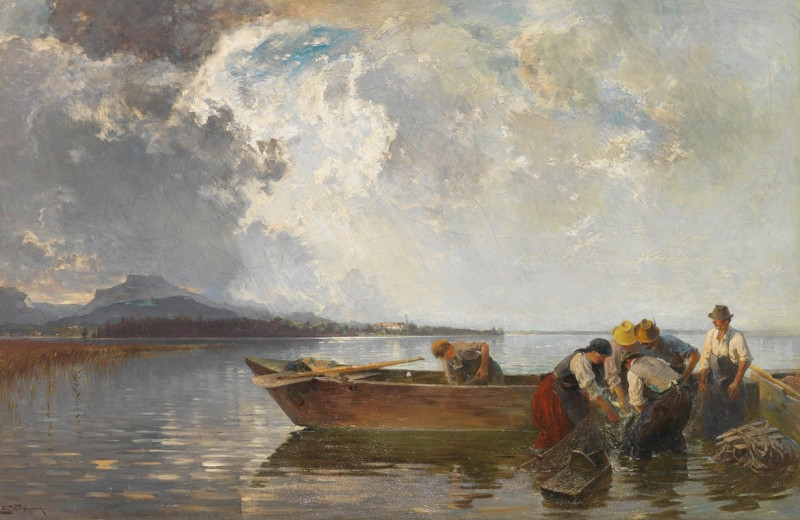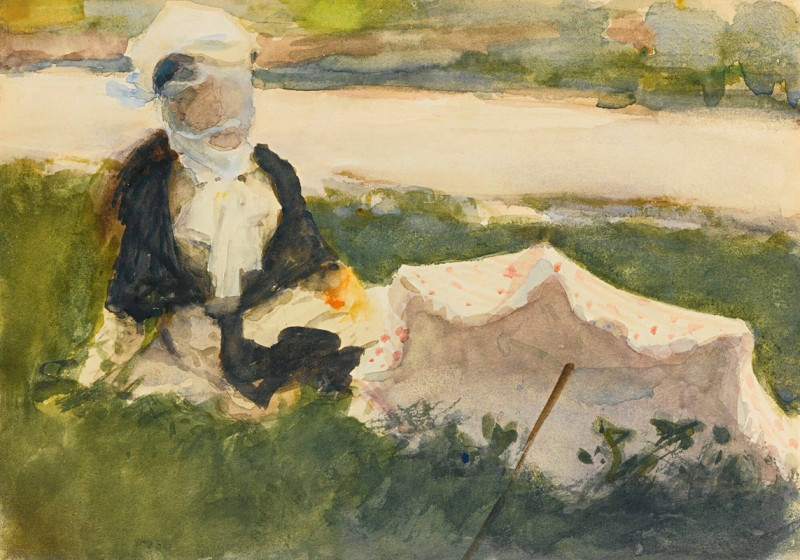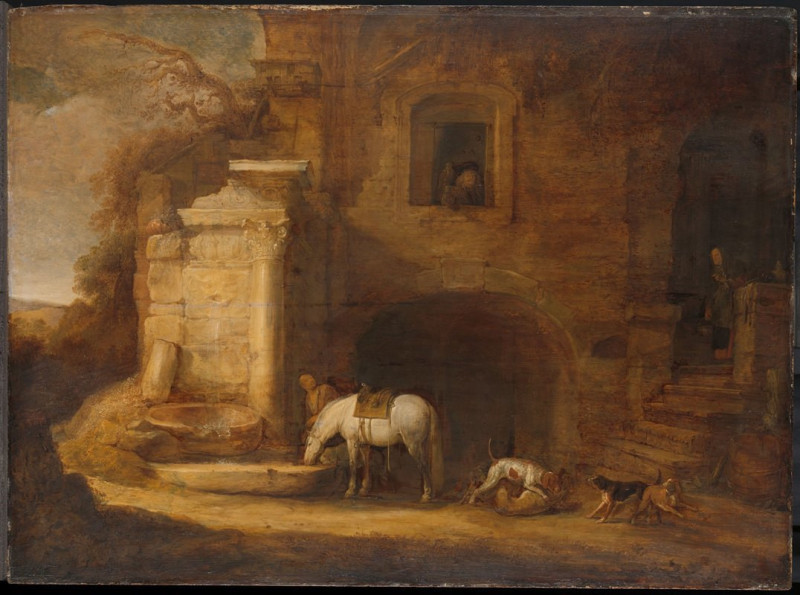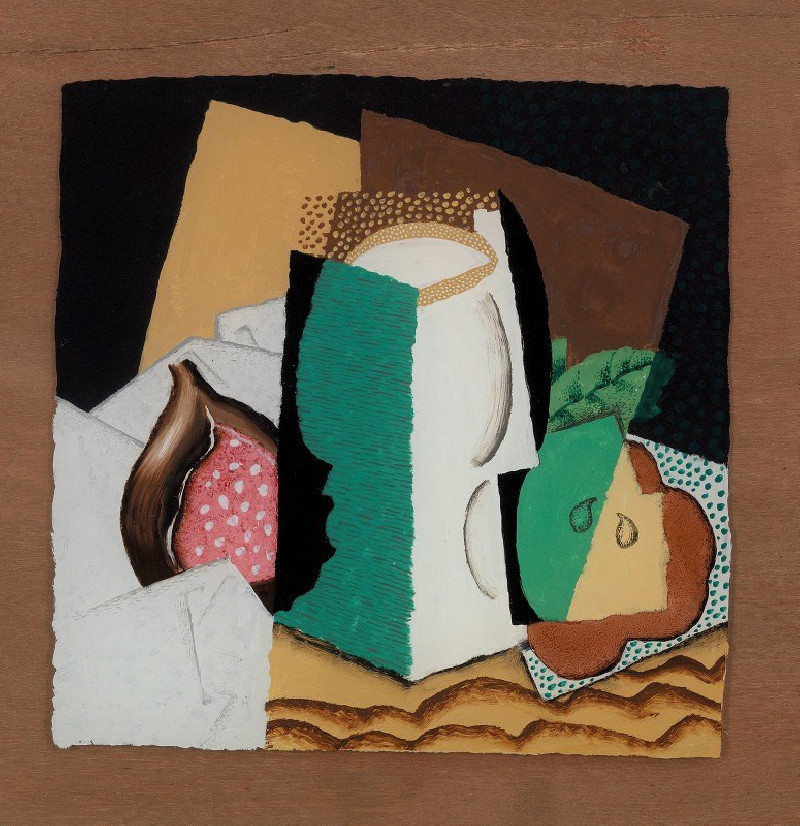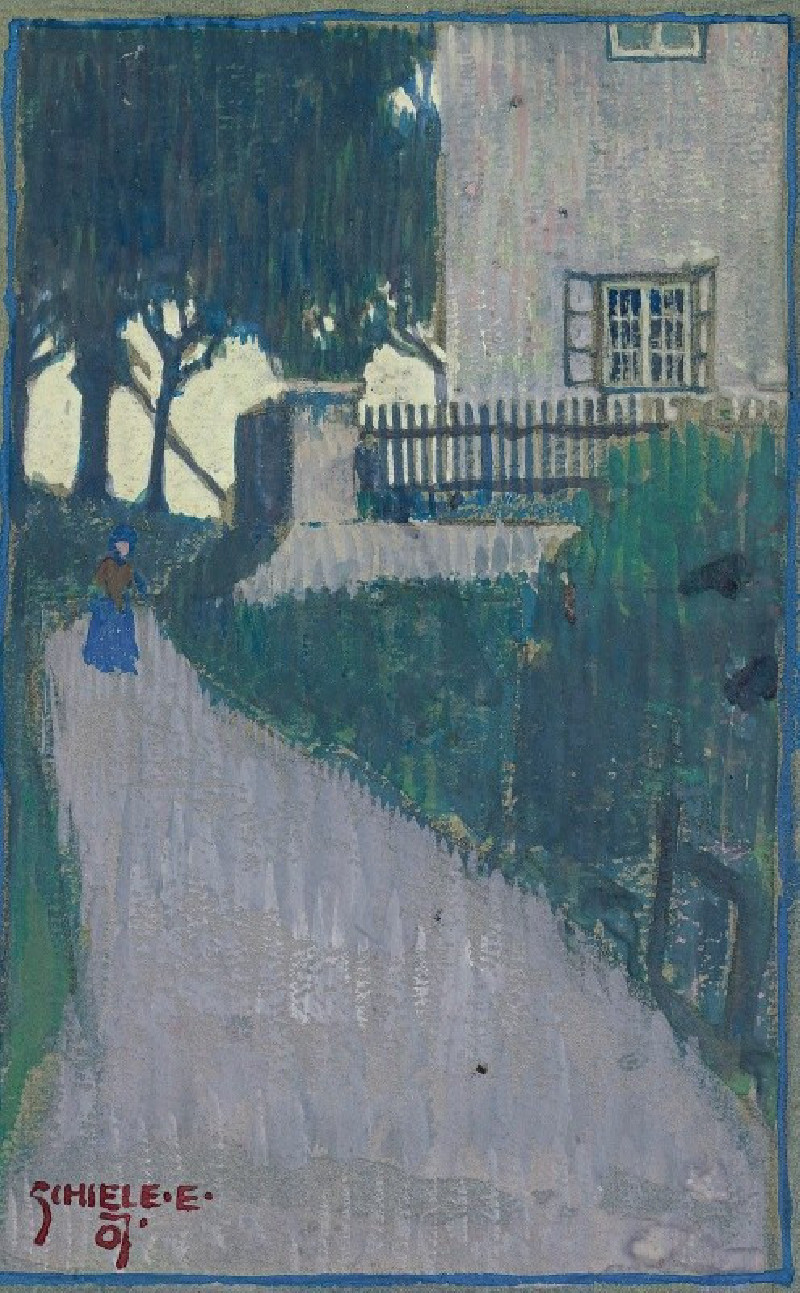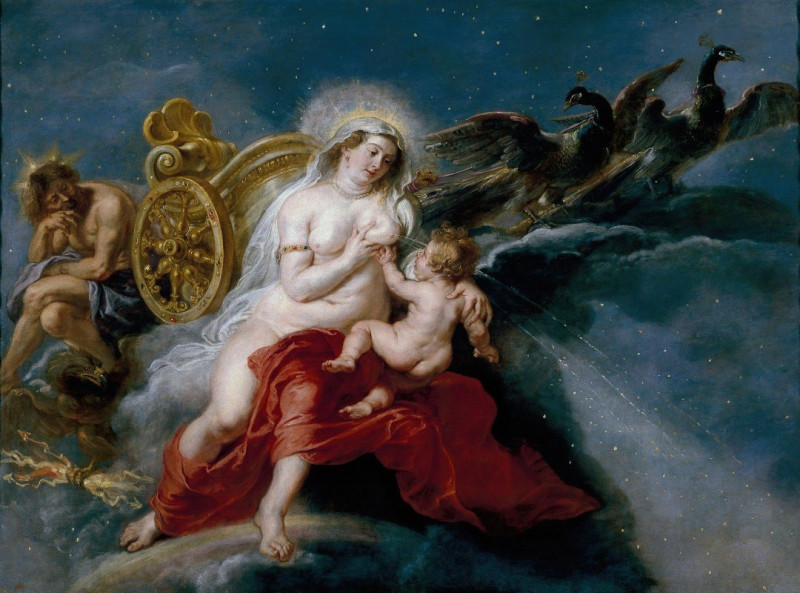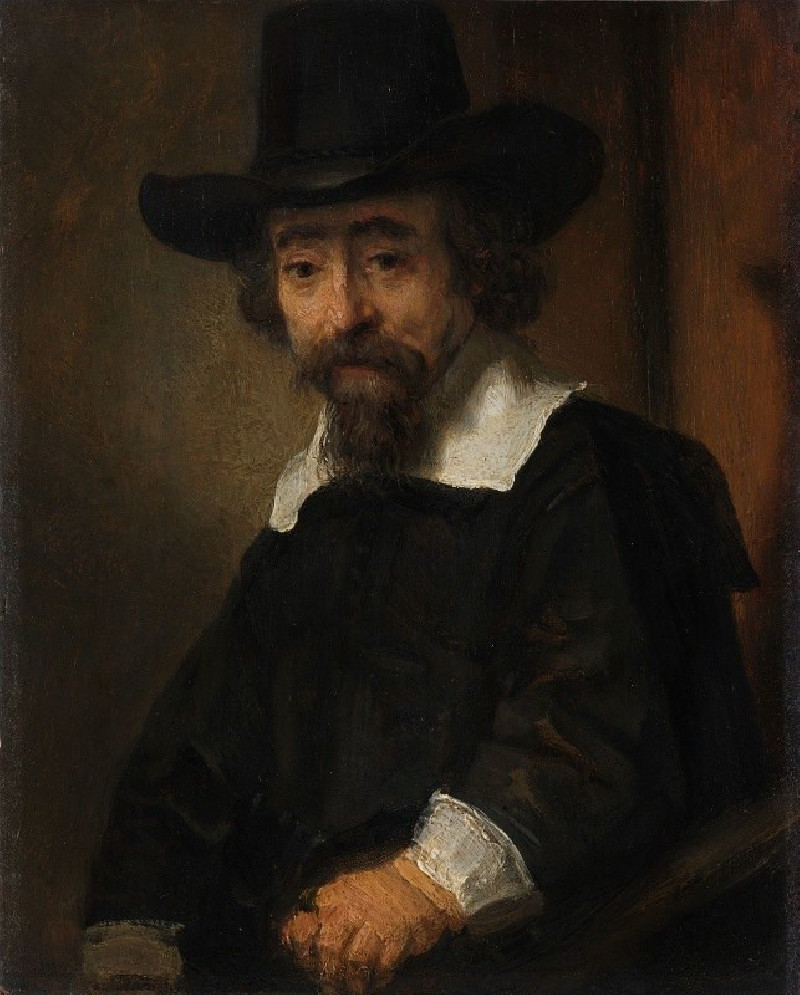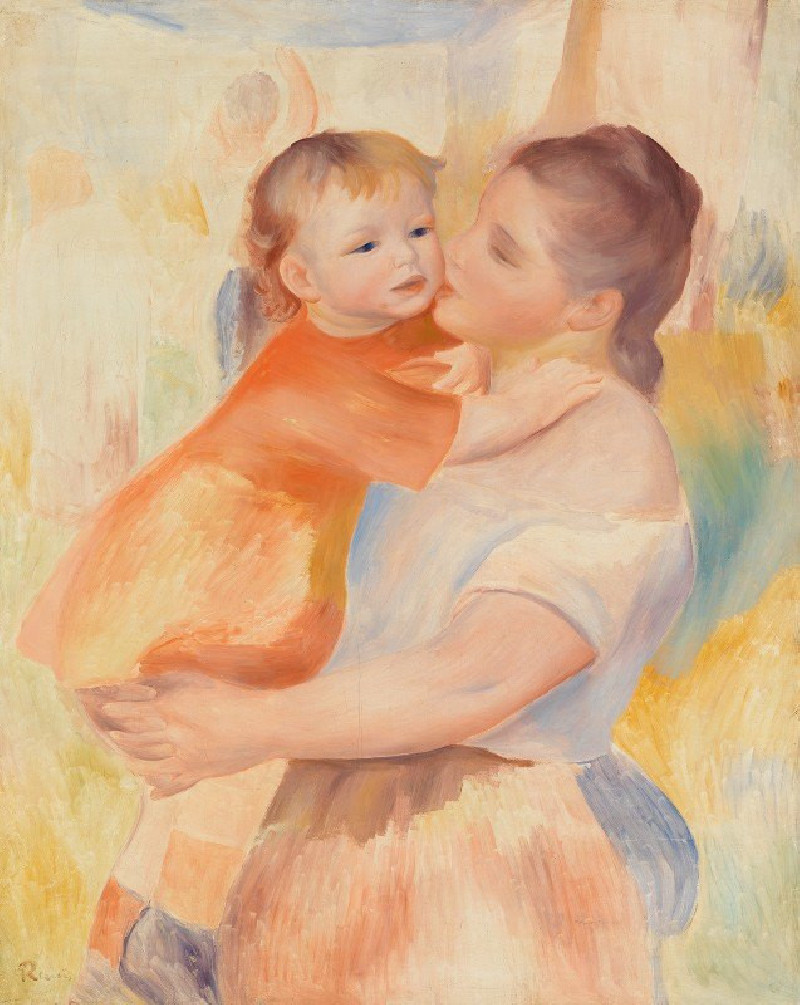Pegasus, Duif, Vrouwenhoofd, Wapen En Hand Met Roos
Technique: Giclée quality print
Recommended by our customers
More about this artwork
This painting by Leo Gestel, titled "Pegasus, Duif, Vrouwenhoofd, Wapen en Hand Met Roos," is a beautiful array of symbolic representations and classical icons, sketched with delicate and detailed realism on a soft, muted background. The work captures several distinct images, each contributing to a wider theme possibly reflecting elements of mythology, nature, and idealized imagery.On the top left, there's a representation of Pegasus, the mythical winged horse symbolizing inspiration and the heights of poetic creativity. Below Pegasus, a woman's head provides a stark contrast with its classical beauty reminiscent of Greek sculpture, emphasizing tranquility and an idealized form of human beauty.The top right corner features a dove in flight, universally recognized as a symbol of peace and the Holy Spirit, rendered with detailed wings and a sense of gentle motion against a cloudy backdrop. Next to it, a depiction of a hand delicately holding a rose evokes themes of love, devotion, and the transient nature of beauty.In the center, bridging these elements together, is an emblematic design that includes a shield and laurels, elements often associated with victory, honor, and heraldry in both classical and modern traditions.Leo Gestel's work here is a sophisticated montage of symbols, elegantly drawn, inviting reflection on the themes of beauty, creativity, and ethereality in a serene, harmonious composition.
Delivery
Returns
Leo Gestel (1881–1941) was a Dutch visual artist, painter, and illustrator. His father was a director of an art school and his uncle painted with the famous Vincent van Gogh. He came across the Parisian avant-garde movement and developed his eclectic style through experimentation with various art forms including cubism, expressionism, futurism, and post-impressionism. He is considered one of the leading Dutch modernism artists, along with Piet Mondrian. The majority of Gestel’s work was lost in a fire.

